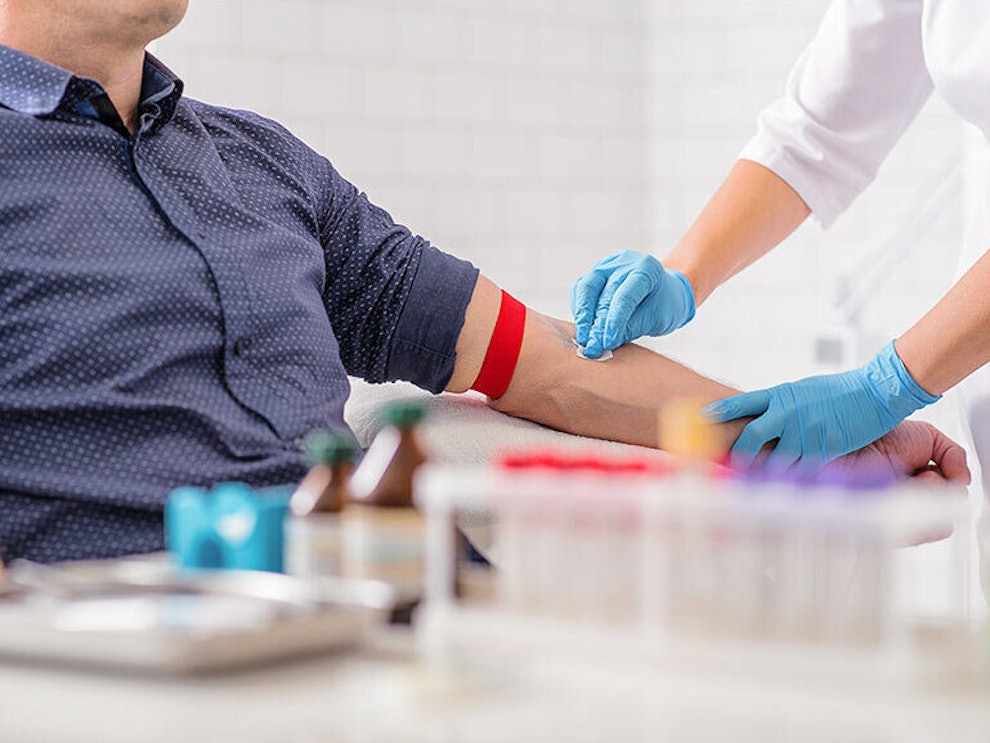We help take the pain out of getting lab work.
Having labs done can be painful enough. That’s why we make getting lab work done for our senior primary care patients as painless as possible. We do this by providing lab services in our senior healthcare centers, which helps take the sting out of the sometimes laborious process associated with getting labs taken.

Making sure our patients have routine labs is a crucial step in our preventative care focus. Being able to know when something might be a problem before it becomes too severe helps us better take care of you. And if we should discover something during a routine lab check up, we are better able to handle the situation, by providing appropriate care and treatment to make sure you have the best health outcome possible.
Types of testing and lab services we provide.
Urinalysis
Magnesium
Metabolic panel
Hemoglobin A1C
Lipid panel
Thyroid
Colorectal cancer screening
Prostate cancer screening
STDs — herpes, syphilis, HIV, gonorrhea, hepatitis a, b, c, chlamydia, etc.
How often should you have your labs checked?
When to get lab work done depends on a few circumstances and the kinds of labs being taken. For instance, seniors who don’t experience effects of high blood pressure should get screened at least once every two years, while patients who do feel the effects of it might want to get screened more often — yearly or even bi-annually. The same rule applies for checking your cholesterol levels. A lipid panel is a necessary service for those with increased levels of bad cholesterol, but for those who are relatively healthy, every five years is the typical amount of time between labs. And when it comes to testing for diabetes, every three years is a good rule of thumb for those who fall within a healthy blood glucose level, while those with elevated levels of glucose in their blood should have it checked every 3–6 months. Every patient is different, and you and your Medicare primary care physician will determine the best course of action for your individual needs.
Common questions
Do I need to fast before having my labs done?
Not all tests require a fast, but certainly some do. Your Medicare primary care doctor will go over all the directions you need to know before having labs done, so you’re ready when the time comes.
What do you do for a general exam?
We typically check a patient's hemoglobin white blood count, and make sure the liver and kidneys are doing well to make sure there’s no diabetes. We screen for hepatitis and HIV and check cholesterol as well as additional tests as appropriate.
Do you test for STDs?
We offer a comprehensive STD testing HIV, gonorrhea, chlamydia, syphilis, and herpes — as well as several others as deemed appropriate.
What are some questions I should ask before a procedure or lab work?
There are never any questions you shouldn't ask because it’s important you have all the information you need. That’s why we want to make sure you understand what we are doing, why we are doing it, why it’s important you have it done, the risks and benefits, and what to expect as a result.